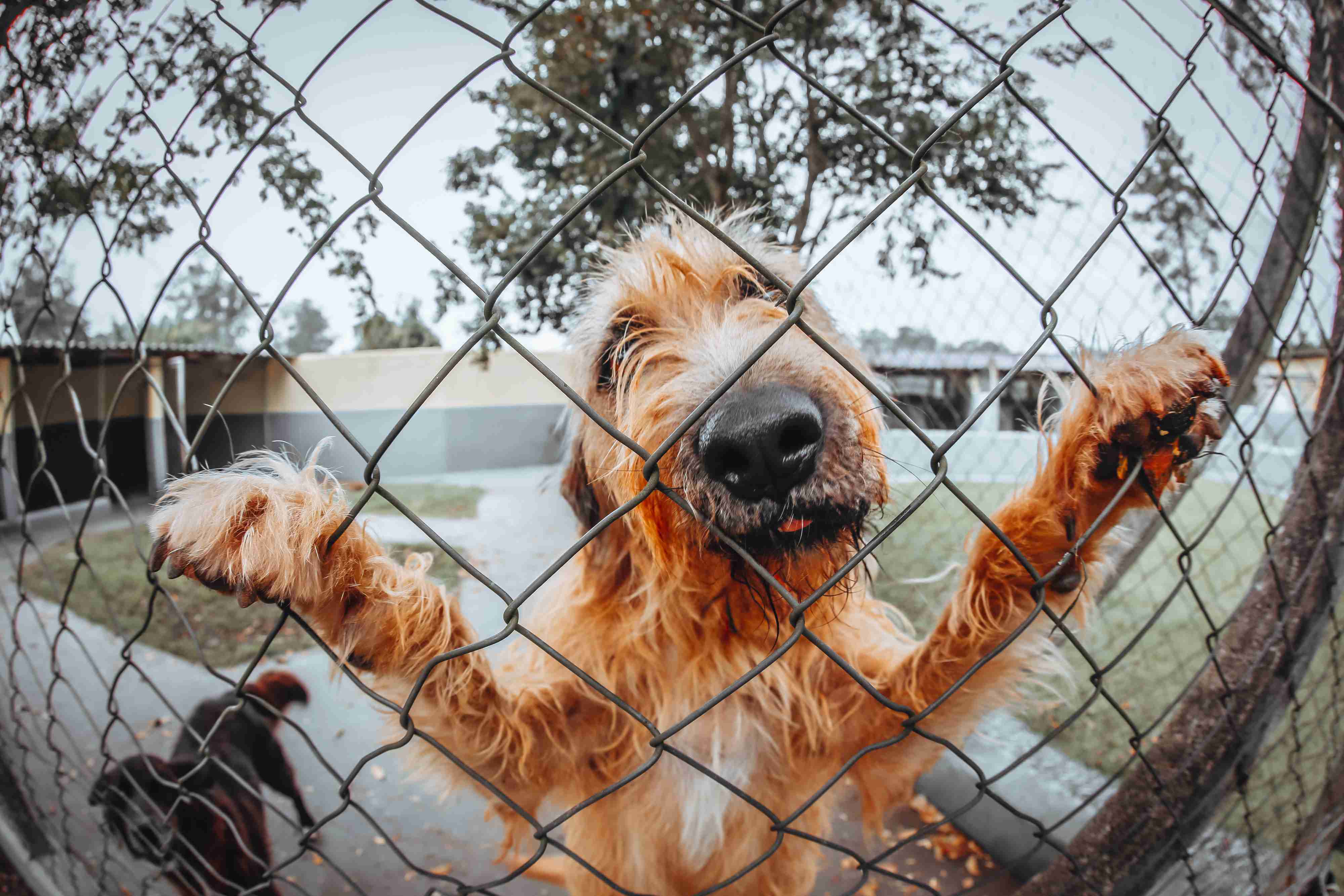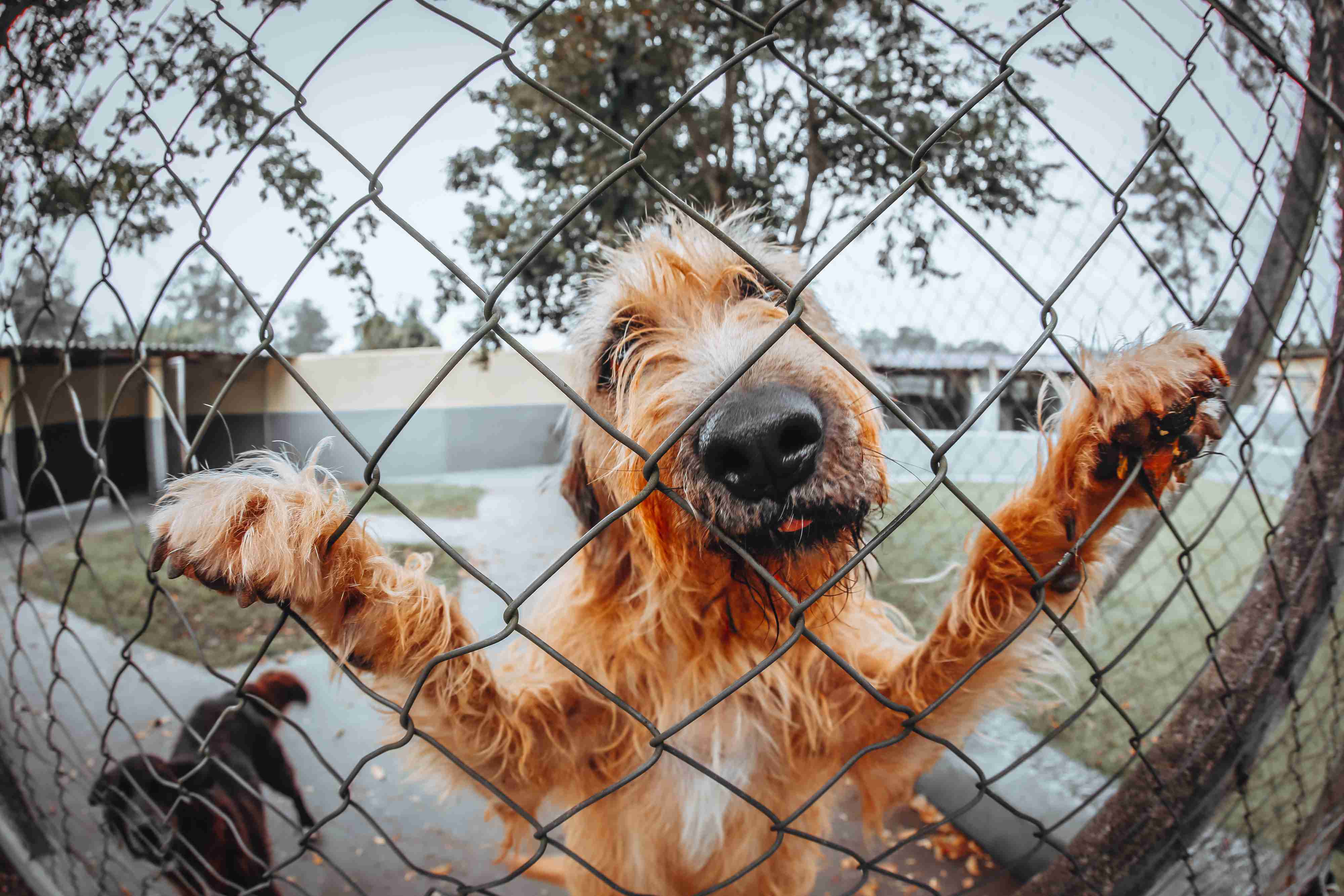Dogs are known for their quirky and sometimes gross behaviors, and one of the most perplexing is why they lick their own urine. It’s a behavior that can leave many dog owners feeling confused and disgusted, but it’s actually quite common. In fact, there are several reasons why dogs engage in this behavior, and understanding them can help you better care for your furry friend. In this blog post, we’ll explore the possible reasons behind this behavior and provide insight into how to handle it as a pet owner. So, let’s dive in and get to the bottom of why dogs do what they do!
Dogs are known to be one of the most loyal and loving animals that can easily win anyone’s heart with their adorable actions. However, there are some peculiar behaviors of dogs that can sometimes leave their owners puzzled. One of those behaviors is when a dog licks its own urine. This is not only a gross behavior, but it is also something that can be quite concerning for pet owners. In this blog post, we will dive deep into the reasons why dogs lick their own urine and what it means.
Understanding the Behavior
Before we delve into the reasons why dogs lick their own urine, it is essential to understand the behavior. Licking is a natural behavior of dogs that helps them to explore their surroundings. Dogs use their sense of smell and taste to understand the world around them. When a dog licks its own urine, it is trying to obtain information about its health, diet, and overall well-being.
Possible Reasons for Dogs Licking Their Own Urine
There are several reasons why dogs may lick their own urine, some of which are:
1. Medical issues
One common reason why dogs may lick their own urine is due to an underlying medical issue. Urine is a biological waste product that contains several minerals and other substances that are vital for a dog’s health. However, if a dog is not getting the right nutrients, it may try to obtain them by licking its own urine. This is especially true for dogs that have a poor diet or are suffering from a medical condition that affects their nutrient absorption.
2. Behavioral issues

Another reason why dogs may lick their own urine is due to behavioral issues. Dogs that have anxiety or stress may engage in this behavior to calm themselves down. Similarly, dogs that are bored or have nothing to do may indulge in licking their own urine to pass their time.
3. Marking their territory
Dogs are known to mark their territory by urinating in specific areas. When a dog licks its own urine, it is trying to reinforce its scent and mark its territory. This behavior is more common in male dogs than female dogs.
4. Lack of training
Another reason why dogs may lick their own urine is due to a lack of proper training. Dogs that have not been trained to avoid such behaviors may engage in them without realizing that it is wrong.
What Should You Do if Your Dog Licks Its Own Urine?
If you notice that your dog is licking its own urine, you should take it to the vet to rule out any underlying medical condition. You should also ensure that your dog is getting a balanced and healthy diet. If there is no underlying medical condition, you should try to discourage this behavior by providing your dog with plenty of toys and activities to keep it engaged.
Conclusion
Overall, dogs licking their own urine can be a concerning behavior for pet owners. However, it is essential to understand that this behavior can be a result of several reasons, some of which are medical, while others are behavioral. As a pet owner, you should keep a close eye on your dog and take it to the vet if you notice any concerning behavior. With proper care and training, you can help your dog avoid such behaviors and live a happy and healthy life.
In conclusion, it’s important to understand that while it may seem gross to us, licking urine is a natural behavior for dogs. It’s their way of gathering information about their surroundings and communicating with other dogs. However, if you notice excessive licking or other unusual behavior, it’s always a good idea to consult with your veterinarian to rule out any underlying health issues. By understanding our furry friend’s behavior, we can better care for them and provide them with a happy and healthy life.




.jpg)
%20-%20Copy.jpg)

%20-%20Copy%20-%20Copy.jpg)
%20-%20Copy.jpg)